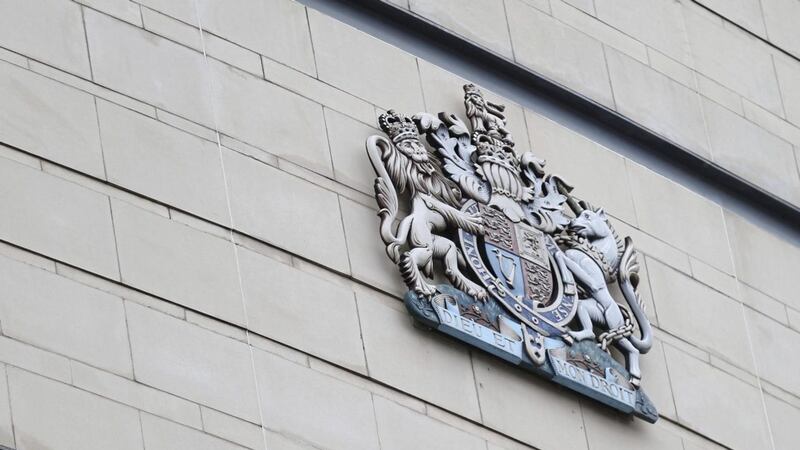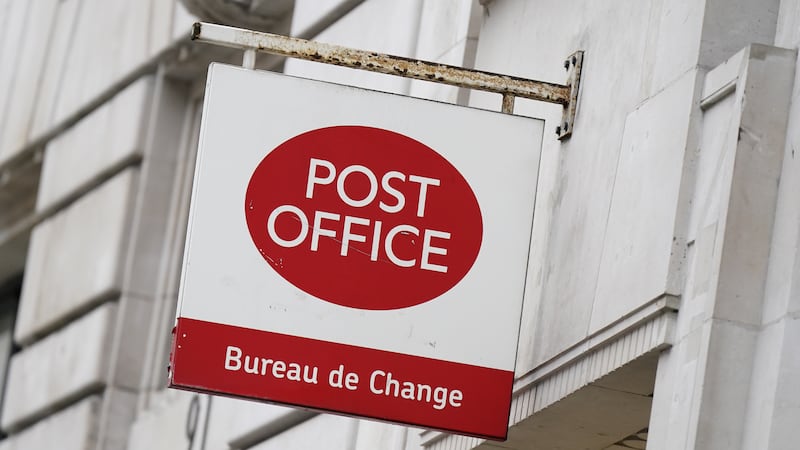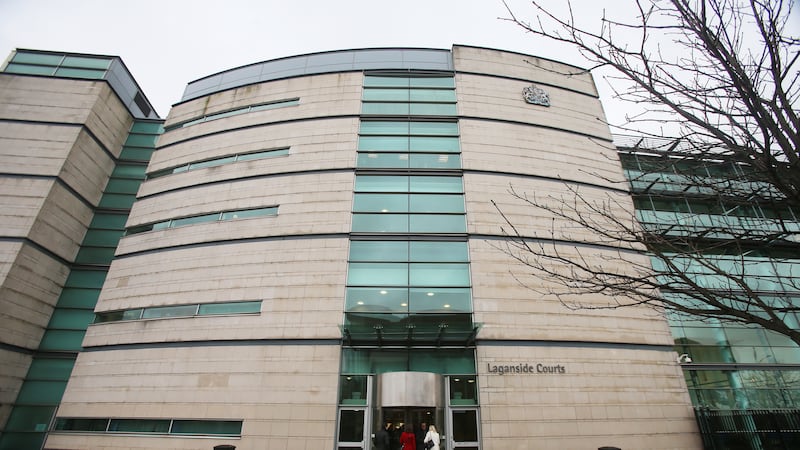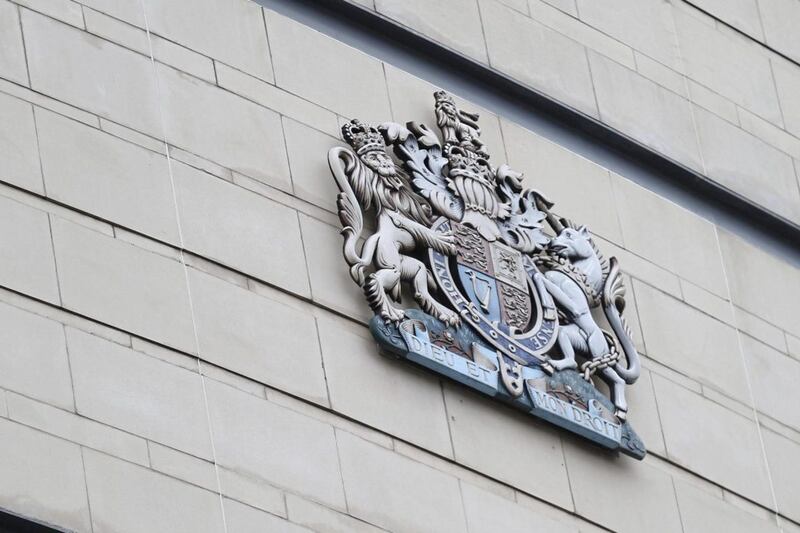ONE in eight victims are being forced to wait for almost three years for the end of crown court trials, with the Auditor General today lambasting Northern Ireland's "grossly inefficient" criminal justice system.
On average it takes 515 days from the date a crime is reported to police until the completion of a trial.
Kieran Donnelly, Northern Ireland Auditor General - who today issues his report on Speeding up Justice - said such poor performance has damaged public confidence - with only 63 per cent of people feeling the justice system was fair, and only 46 per cent that it is effective.
"Currently the criminal justice system in Northern Ireland does not deliver value for money," he added.
"The cost of criminal justice is significantly higher than in England and Wales and cases take considerably longer to complete."
He found PSNI file quality is so poor that the majority of Crown Court case files examined either had "errors or omissions meaning the Public Prosecution Service (PPS) were unable to make a prosecutorial decision... or contained significant omissions in the core evidence provided".
The report details "heightened stress and inconvenience (imposed) upon victims, defendants and witnesses", with two thirds who attended court ultimately not required to give evidence.
More than one third of victims and witnesses were told their evidence was not needed only after already being at court "for at least two hours".
Mr Donnelly references a Department of Justice report that "it is striking how many hearings are ineffective".
It found "over half the cases... resulted in adjournments, often accompanied by a limited exchange of information over matters such as the number of witnesses that would be needed at the next hearing", pointing out all of it "could have been dealt with by a quick email exchange".
"Having clients and lawyers for all parties attend court and wait around, often for several hours, is a grossly inefficient way to do business," it concluded.
The audit report found PSNI officers were required to attend court on more than 23,000 occasions in a single year, with an average attendance time of five hours - despite three out of four times not being required to give evidence.
This equates to 11,000 front line shifts.
Mr Donnelly said that since 2011 the justice system "has generally become less effective at securing early guilty pleas".
In 2010-11, 21 per cent of Crown Court defendants plead guilty at the outset of their case, and a further 22 per cent at a later point - a total of 43 per cent.
By 2016, the total rate of guilty pleas had fallen to 38 per cent, with just 18 per cent pleading guilty at the outset and 20 per cent later.
He notes the PSNI and the PPS share a view that Northern Ireland courts require a higher standard of evidence than England and Wales - "contributing to the performance gap between the jurisdictions", including "waste of resources" providing evidence "which have no bearing" on the resolution of the trial.
Mr Donnelly said Lord Chief Justice Declan Morgan's 2011 `Crown Court Practice Note' - which emphasised the "overriding objective" of the justice system to deal with cases included "a responsibility on all parties to deal with cases efficiently and expeditiously" - "placed no duty on judges to enforce... this principle during Crown Court cases".







